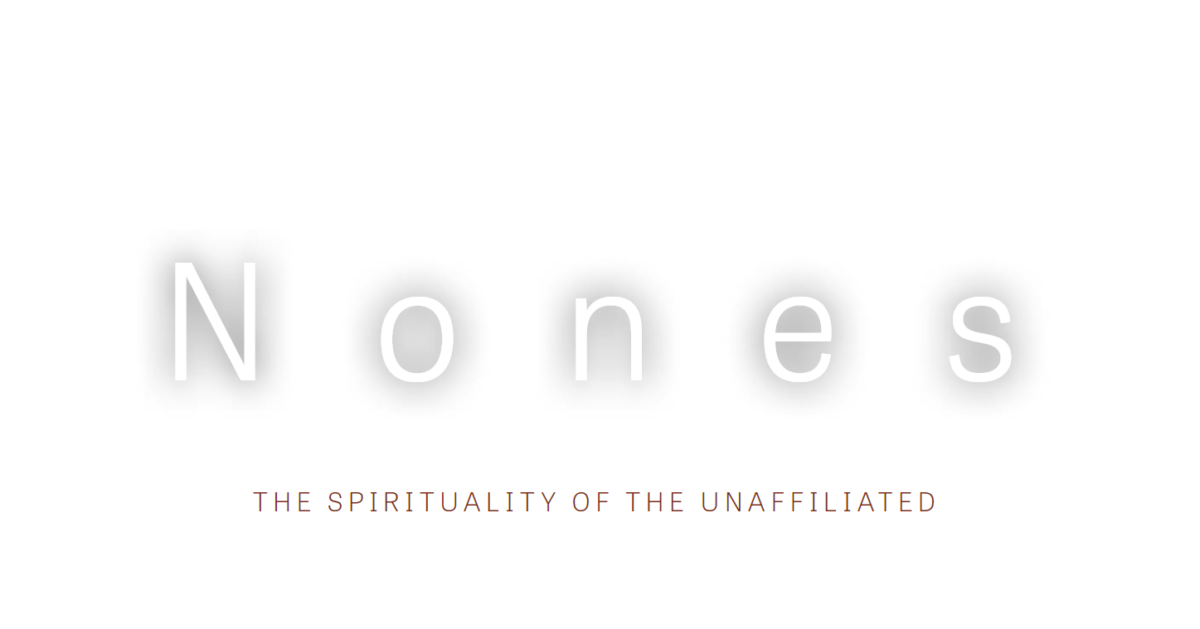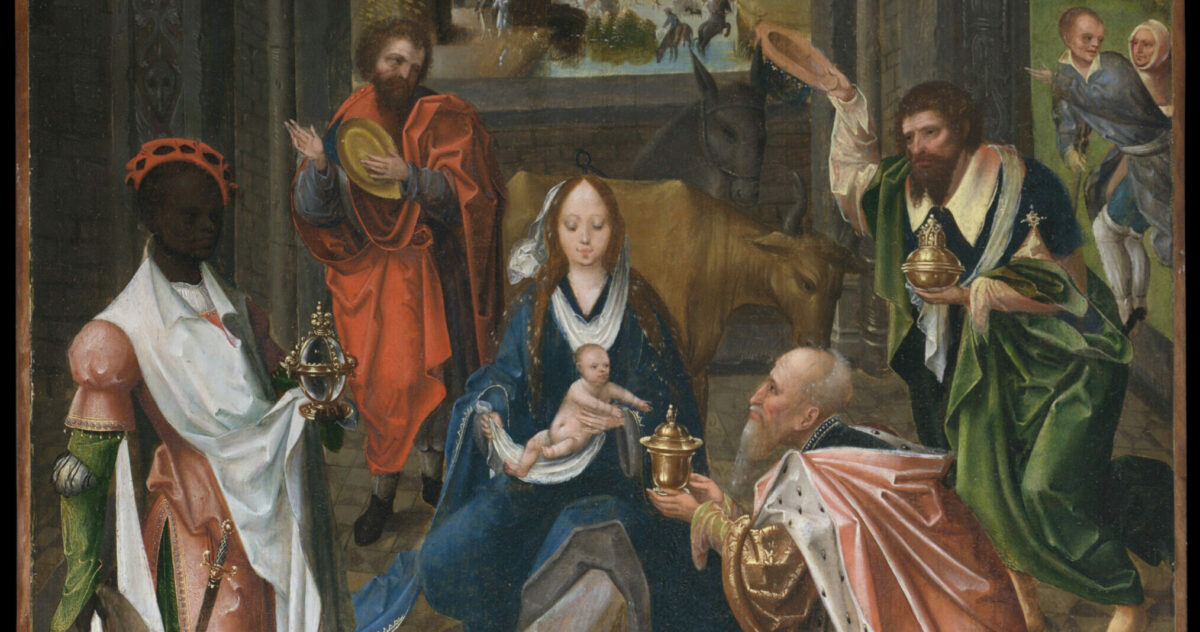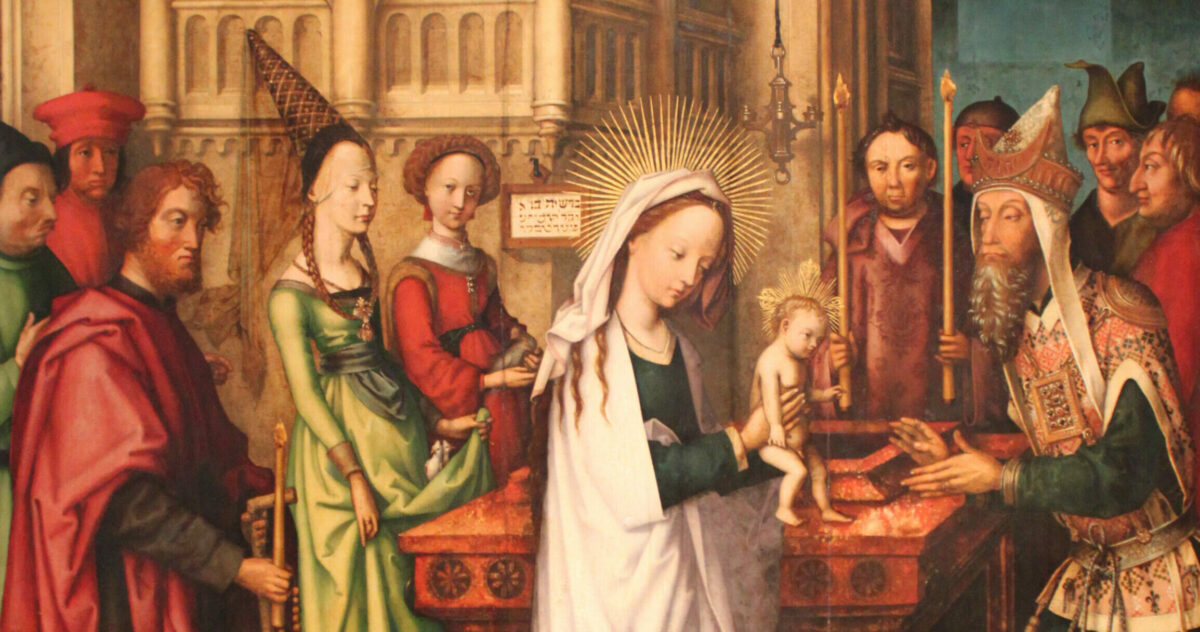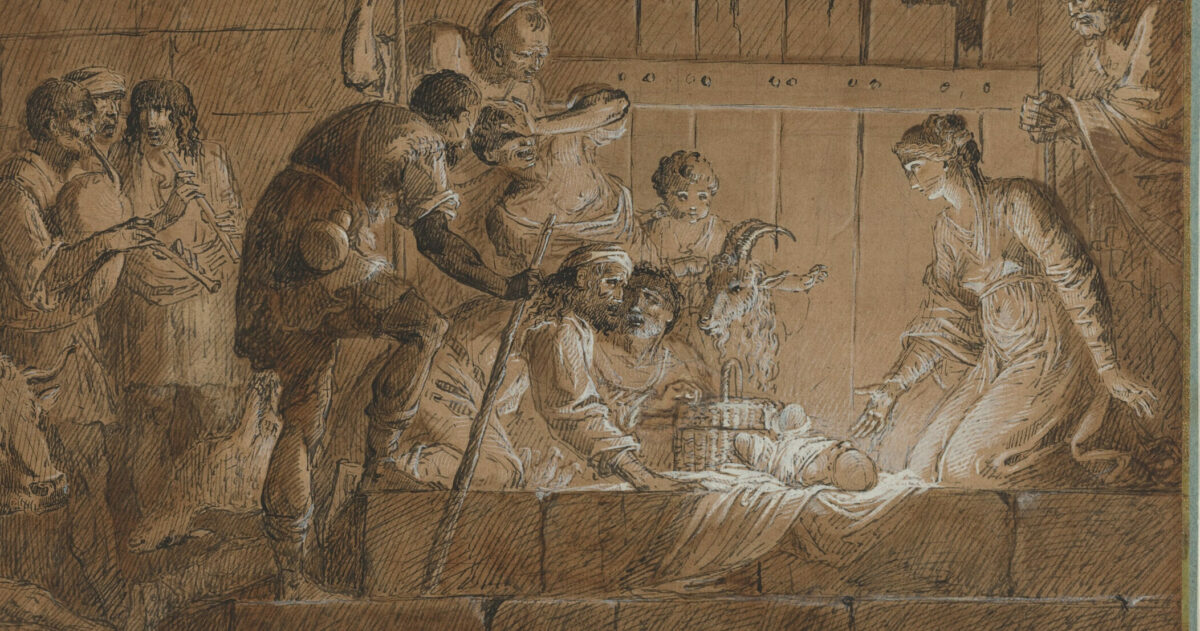
Lutheran Witness: February 2022
The February issue of The Lutheran Witness provides an overview of nine non-Christian religions and schools of thought, and responds to each with God’s truth.

The February issue of The Lutheran Witness provides an overview of nine non-Christian religions and schools of thought, and responds to each with God’s truth.

Despite the dramatic efforts of many churches to reach seekers, the Nones are simply not seeking.

To the suffering, the discouraged, the downtrodden, the preacher proclaims the pure sweet Gospel of Christ.

The January issue of The Lutheran Witness reflects on God’s design for the relationship between men and women, which culminates in marriage, a reflection of God’s redeeming work for His children.

Children’s entertainment consistently portrays parents — especially fathers — as fools. What should Lutheran parents do?

Christ demonstrated how precious every life is at every stage of development. He is truly the creator and “Author of life.”

“Male and female he created them,” the Scripture says. And in that creation, God ordered the relation of the man and the woman, of Adam and Eve.

The December issue of The Lutheran Witness discusses how the Christmas canticles — the Magnificat, Benedictus, Gloria in Excelsis and Nunc Dimittis — point to Christ year-round.

The Christian church has now taken up Simeon’s song as her own, and rightly so. For, as with Simeon, we have also seen and rejoice in the salvation of our God.

It’s a marvel that we can “listen in” to Martin Luther’s own sermon on Luke 2, from Christmas 1544.

The Christmas canticles — the Magnificat, Benedictus, Gloria in Excelsis and Nunc Dimittis — each point to Christ in a unique way, and remind us of the gift of His nativity all year long.

The November issue includes seven submissions by Lutheran writers on an array of topics — from the reflections of a pastor who buried 50 of his members over five years, to an article on what C.F.W. Walther teaches us about church and state.